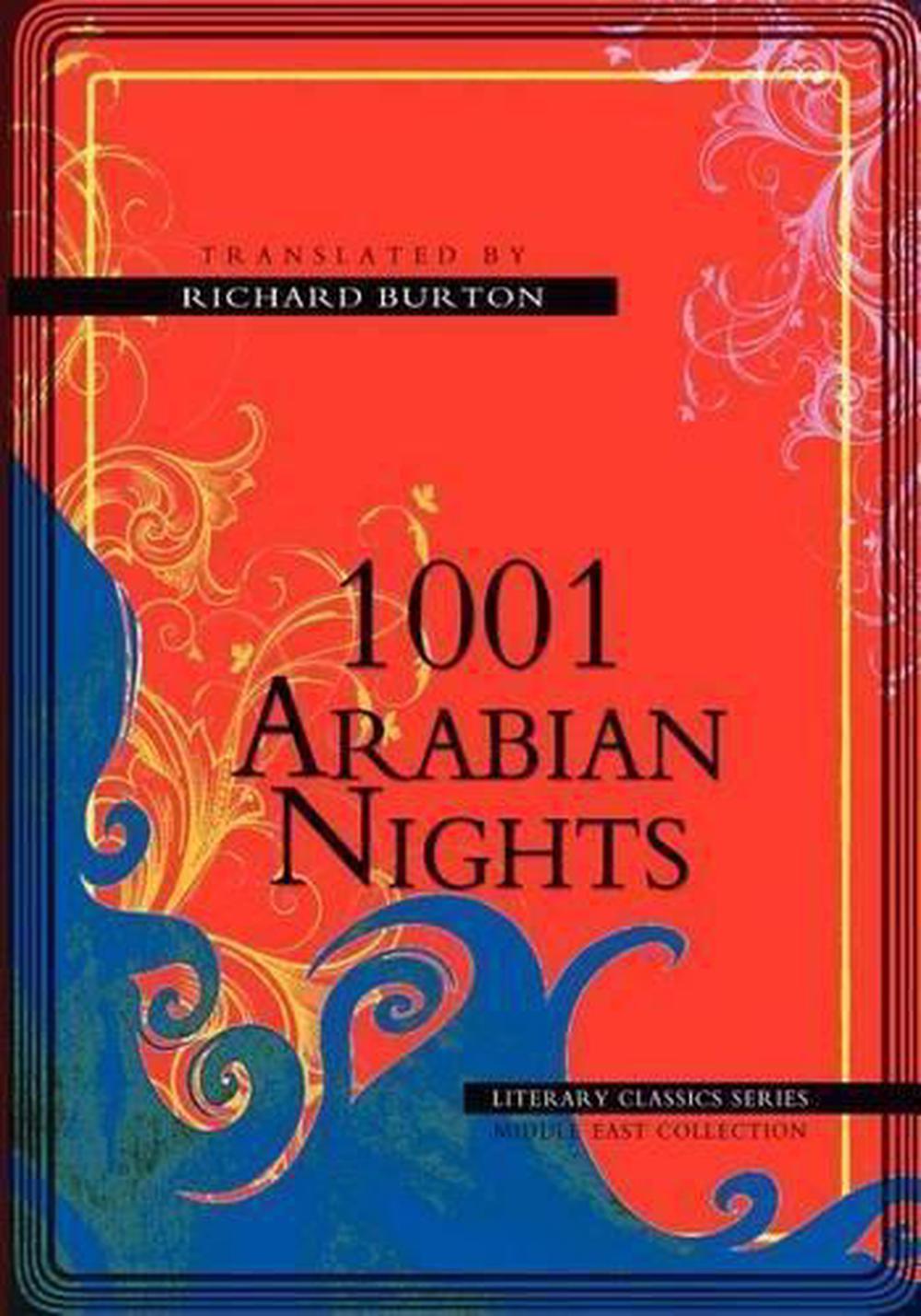
Now most of the nights have been lost due to the time period, but the ones that I have are: "The Story of the Merchant and the Jinni", "The Story of the Fisherman", “The Story of the Porter the Ladies of Baghdad and of the Three Royal Mendicants,” “The story of the Humpback”, “The Story of Nur-Ed-Din and Enis-El-Jelis” “The story of Es-Sindibad of the Sea and Es-Sindibad of the Land”, “The Story of the City of Brass” and “The Story of Jullanar of the Sea.” In the appendix are the stories of “Ali Baba and the 40 thieves”, and “Ala-Ed-Din and the Wonderful Lamp”, which may or may not have been in the original 1001 nights. She devises a plan to survive, every night she would start a story, and not tell the ending until the next night, Shahriyar kept her alive for 1001 nights just to hear her stories. He has, at this point, killed every woman in the kingdom save one Shahrazad. The style of writing is of the medieval Middle East, and the story takes place in the palace of King Shahriyar who, after having his wife cheat on him with hundreds of his own slaves, decides to kill a new wife every night.


It is an ocean of stories to be dipped into over a lifetime. The Arabian Nights is not a book to be read in a week.

"A magnificent, unexpurgated edition of the greatest collection of folk tales in the world.


 0 kommentar(er)
0 kommentar(er)
